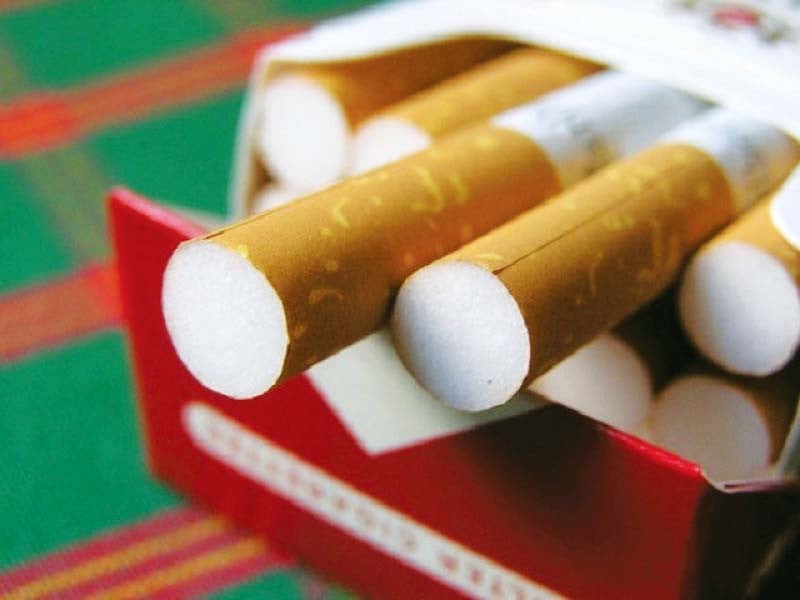- Web
- Feb 05, 2026
Speakers call for increased tobacco taxation to address health and economic concerns
-

- Web Desk
- Apr 03, 2024

ISLAMABAD: Speakers at a seminar in Islamabad underscored the critical impact of raising tobacco taxation on health costs, economic factors, and social well-being. They called for an increase in the Federal Excise Duty (FED) on tobacco products in 2024 to mitigate the pervasive health hazards associated with tobacco consumption.
Mehboob Ul Haq, CEO of the Human Development Foundation (HDF), emphasized that tobacco consumption remains a significant challenge for Pakistan, exacting a heavy toll on both public health and the economy. With approximately 31.9 million adults, roughly 19.7% of the adult population, currently using tobacco, the nation faces a formidable health crisis.
In alignment with efforts to combat tobacco consumption, recommendations from the International Monetary Fund (IMF) stress the importance of rationalizing excise duties in Pakistan. Streamlining the excise structure and focusing on goods with significant negative externalities could enhance both public health outcomes and revenue generation.
Read more: Health activists rally behind IMF for tobacco tax hike
The IMF emphasizes aligning taxation policies with the quantified level of externalities and prioritizing excise duty increases on luxury goods. Furthermore, the IMF highlights the necessity of taxing e-cigarettes and novel products similarly to tobacco products, given their equivalent impact on public health.
Zahid Shafiq, Programme Manager at HDF, noted that the previous hike in FED, observed after a three-year hiatus, yielded tangible benefits. By 2022-23, the FED share in retail prices reached 48% and 68% for low and high-tier cigarettes, respectively. However, momentum slowed in 2023-24, underlining the urgent need for sustained efforts in tobacco taxation to safeguard public health and fiscal prosperity.
Crucially, the proposed 26.6 per cent FED increase in 2024 presents a triple-win scenario. It is projected to deter approximately 517,000 individuals from smoking, thereby reducing cigarette consumption by 5.8% and adult smoking prevalence by 0.31 per cent. Moreover, this measure is anticipated to save 181,000 adult lives, underscoring its life-saving potential.
Malik Imran, country director at the Campaign for Tobacco-Free Kids (CTFK), highlighted the economic benefits of the tax hike, poised to generate additional revenue of Rs17 billion, comprising Rs15.4 billion in FED and Rs1.6 billion in GST, marking a 12.1 per cent increase.
Such revenue augmentation is critical for funding essential public services and healthcare initiatives. Additionally, the gradual implementation of a uniform FED rate across all cigarette brands fosters fair competition and prevents market distortions.




